DOCtalk by Dr. Gregg 4/19/13
The Phrase That Pays
We’ve all heard some radio station running a contest with a “phrase that pays.” You call in or they call you and if you mention the “phrase that pays,” you win a prize. It’s a pretty common promo thing.
Reading a forum thread the other day, I noticed a phrase which really caught my eye. It wasn’t an unusual phrase (nor one “that pays,”) but rather it was a very common phrase that I see used over and over by providers these days. It’s a phrase I’ve found myself using at times and it’s a phrase that I think we all really need to stop using.
The phrase? Well, it’s some form of the following: “…that we are required to do.”
This particular time it was a clinician bellyaching about reducing the number of clicks “that we are required to do” in order to see a patient. I’ll reference neither the particular provider nor the forum; I’m not interested in any bashing. What I would like to do is point out the particularly inappropriate way that we providers have started to bemoan our fate – a fate that we ourselves have chosen.
The perspective which has induced this phraseology is essentially a mental trap, one that is perhaps easy into which to fall. Not all providers have fallen into this trap, but it is a snare into which the vast majority of today’s doctors seem to have been lured.
The trap? Simply this: all of the reimbursement hoops and digital documentation hurdles are obstacles with which we must – I repeat, must – contend.
There is simply no truth whatsoever within this contention.
We as providers are not required to perform clicks. We don’t have to hit bullet points. We’re not forced to follow proper documentation procedures. We actually don’t even need to concern ourselves with structured documentation of patient care at all.
We do all of these things because we choose to do so. We choose to play in the Medicare, Medicaid, third-party-payer reimbursement playground. We choose to accept Meaningful Use monies. We choose to follow SOAP format documentation guidelines. We choose the EHRs we use or at least we choose the institutions for whom to work and, thereby, choose to accept the EHR that they have chosen. We choose to accept these models of reimbursement and these methods of documentation.
We could just as easily choose to employ a concierge practice model that forgoes all third-party payments and, therefore, third-party payment requirements. We could offer our services for barter, for pigs or eggs or maybe handyman or childcare services in trade. We could offer to provide healthcare services for free and use other skill sets to generate maintenance income. We could document in any way felt. We absolutely could make other choices for how we opt to play in the healthcare arena.
Just because the vast majority of us choose to play in the standard healthcare sandbox in no way eliminates the function of choice which we have undertaken. We want the monies, we want to work within the healthcare “box,” and we choose to do so. But, we are not “required” to do so – not in the least.
The alternative? Remember that it’s a choice we’ve made.
Remember that we have all chosen to play within this space. Remember that we have chosen to play by these rules. Remember that we have the option to play differently (though that option may be a tough change to make). Remember that we are all a part of this, that we set the rules together. And, remember that we can change them, too.
We providers are not blameless for the choices we make. We don’t serve at the pleasure of the feds; neither do we function at the whim of EHR vendors. We don’t even serve any institutional or ACO master without consent. As long as we choose to play in the sandbox, we need to remember that the system within which the majority of us have chosen to participate is, in part, of our own making. Bellyaching about it doesn’t do much and whining about things “…that we are required to do” isn’t helping anybody’s cause. It’s simply not a phrase that pays.
A phrase that does pay? Here’s an option that I’m going to try to keep in mind: “I have an idea that might make things better…”
From the trenches…
“There is no phrase without a double meaning.” – African proverb

Dr. Gregg Alexander, a grunt in the trenches pediatrician at Madison Pediatrics, is Chief Medical Officer for Health Nuts Media, an HIT and marketing consultant, and sits on the board of directors of the Ohio Health Information Partnership (OHIP).

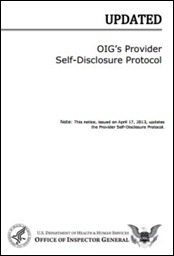
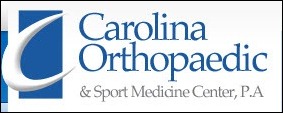
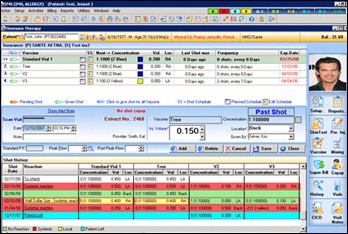
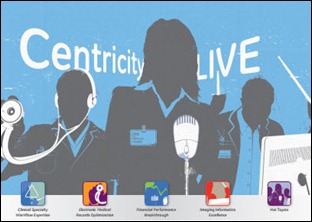

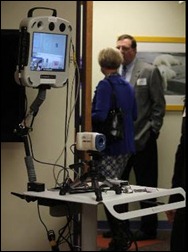

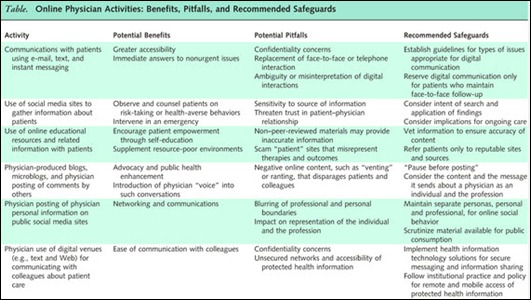
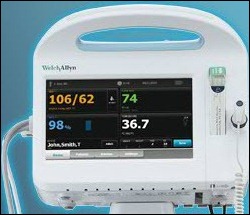

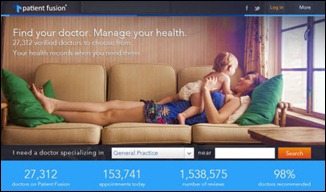


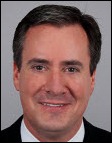
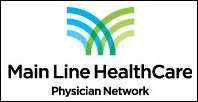






The article about Pediatric Associates in CA has a nugget with a potentially outsized impact: the implication that VFC vaccines…